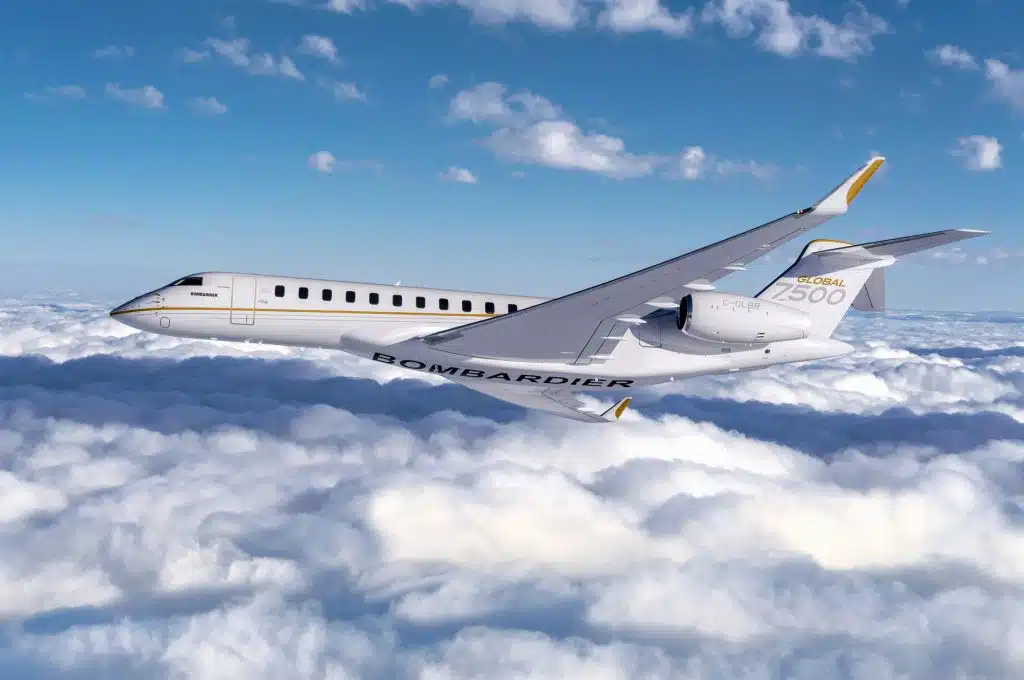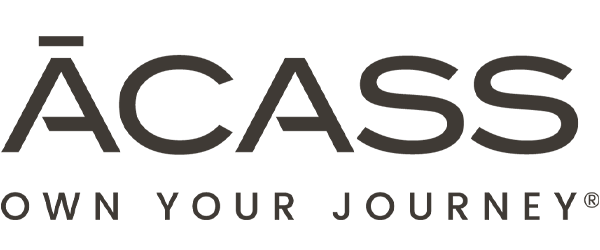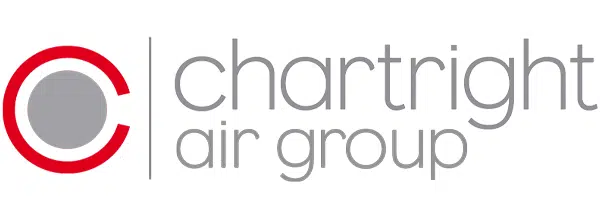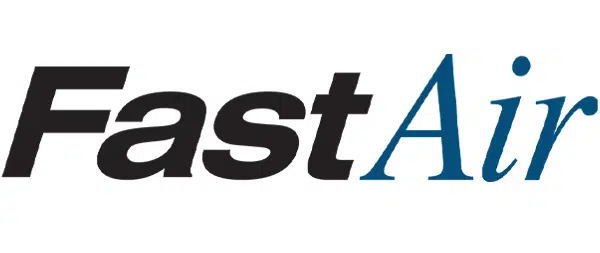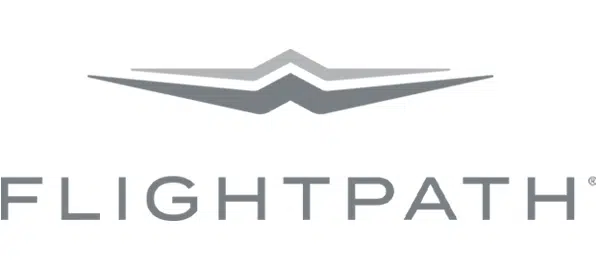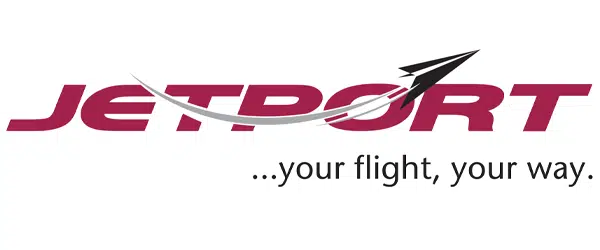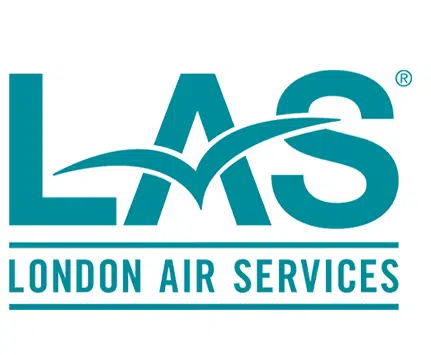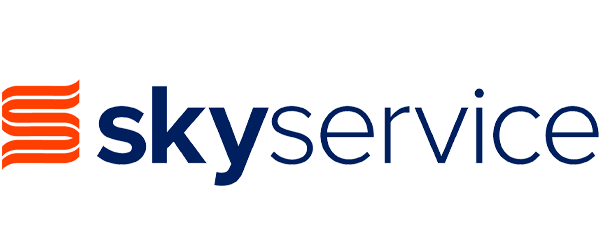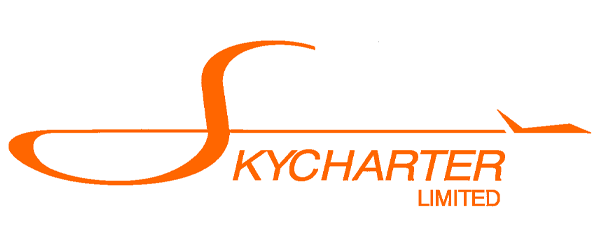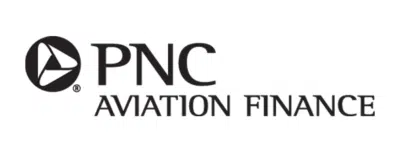Negotiability of APU
The Role of APU and Engine Borescope Inspections in Aircraft Purchase Agreements
The negotiability of APU (Auxiliary Power Unit) and engine borescope inspections represent a key issue when negotiating an aircraft purchase agreement. While some parties may assert a market standard, the truth is that practices vary widely in the realm of aircraft transactions when dealing with borescope inspections of aircraft engines and APUs. The main issue generally is that engine borescope inspections associated with the sale or purchase of an aircraft often will occur outside of the inspection intervals required by the MSP (maintenance service program) provider. MSPs usually provide for inspections on defined usage intervals or where operational aircraft engine performance is providing reduced thrust output.
Essential Considerations for Aircraft Purchase Agreements
Before finalizing an aircraft purchase agreement that includes APU or engine borescope inspections, it is crucial to contemplate the following factors:
1. MSP Coverage and Inspection Scope:
Under an Aircraft Purchase Agreement, if the aircraft benefits from a Maintenance Service Plan (MSP) covering its engines and APU, reviewing the MSP provider’s stipulations before agreeing to or allowing such invasive inspections to commence is essential.
Failing to abide by the MSP’s rules could invalidate any available coverage that might have otherwise been available to or extended for the engine or APU damage that is discovered during the borescope inspection. These rules govern the scope of the inspection which can occur during an aircraft pre-purchase evaluation, will detail the necessary notice period, and other inspection standards that must be adhered to. For instance, MSP providers may demand that the new owner continue coverage as a condition for addressing any wear and tear claims discovered during inspections.
2. Addressing FOD Concerns:
Within the scope of an aircraft purchase agreement, Foreign Object Debris (FOD) damage, often uncovered during borescope inspections, might not be covered by MSPs. Sellers, in this scenario, may need to resort to insurance claims to manage the repair costs, a consideration that should be addressed in the agreement.
The question that needs to be asked is that, if there’s no material deviation from the performance and thrust specifications of the engine manufacturer, does the borescope inspection need to happen? This answer will vary whether you’re an aircraft seller or an aircraft buyer.
3. Repair Obligations and Cost Sharing:
Aircraft purchase agreements usually mandate the delivery of the aircraft in an airworthy condition. This provision implies that any damages, including wear and tear or FOD impacts found during inspections, must be rectified at the seller’s expense. Such repairs, while potentially expensive, can enhance the aircraft’s value. The agreement should delineate the thresholds beyond which the seller bears no repair cost liability or might opt to exit the deal.
This clarity becomes vital in situations where the borescope or APU inspections reveal significant issues. It is also similarly important where the borescope inspection of the engine uncovers damage that is still considered airworthy. Clear standards in advance will avoid disputes during the transaction process. Further, it is advisable to seek explicit clarification from the MSP provider on coverage and payment responsibilities for repairs not associated with FOD damage.
Conclusion
Crafting an aircraft purchase agreement that encompasses APU and engine borescope inspections demands thorough consideration of MSP coverage, FOD implications, and the division of repair responsibilities requires an understanding and awareness of these issues. By proactively addressing these aspects, stakeholders can mitigate risks and streamline the transaction process, ensuring that all parties are aligned and protected under the terms of the agreement.
- Negotiability of APU
- Navigating Spare Parts in Aircraft Purchase Agreements
- MSP Agreements in Aircraft Purchase Transactions



